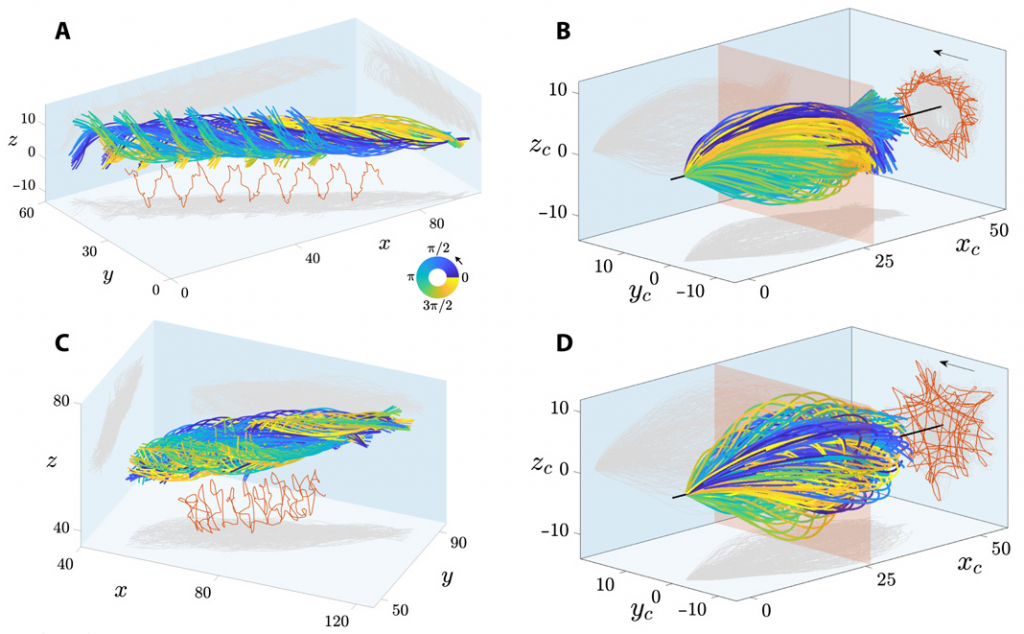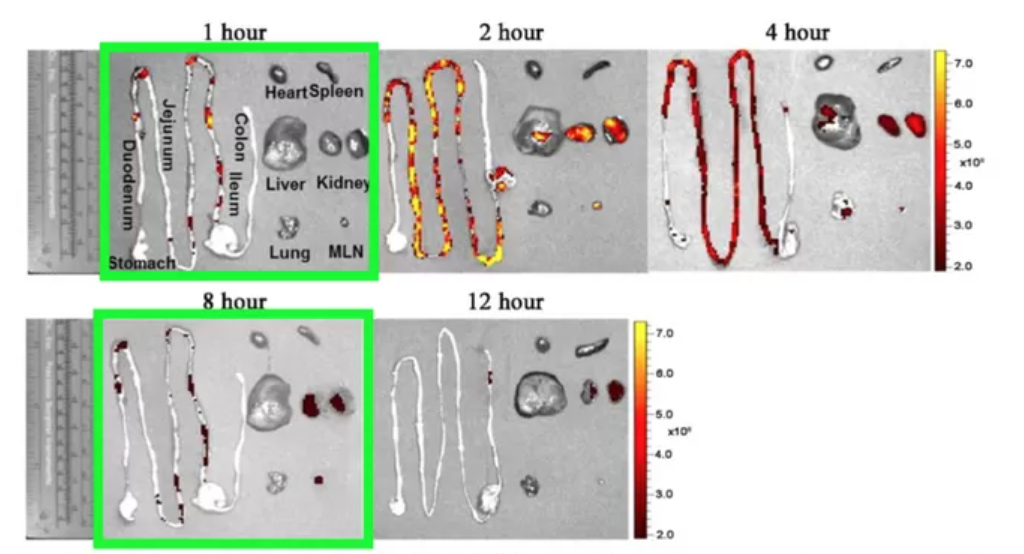A kidney researcher and former dean of a medical school has now had six papers retracted and one marked with an expression of concern in a little more than a year.
The latest retraction for Joseph I. Shapiro, of a 2015 paper in Science Advances, comes two years after PubPeer commenters began posting about potentially duplicated images in the article, and one year after the authors corrected two of its figures.
Shapiro, the corresponding author on the article, stepped down as dean of the Joan C. Edwards School of Medicine at Marshall University in Huntington, W. Va., on June 30th of this year, but remains a tenured professor at the institution. Neither he nor Komal Sodhi, the first author on the article and also of Marshall, have responded to our request for comment.
Retractions of work Shapiro led began last September, according to our database, following critical comments on PubPeer.
Continue reading Former medical school dean earns sixth retraction




